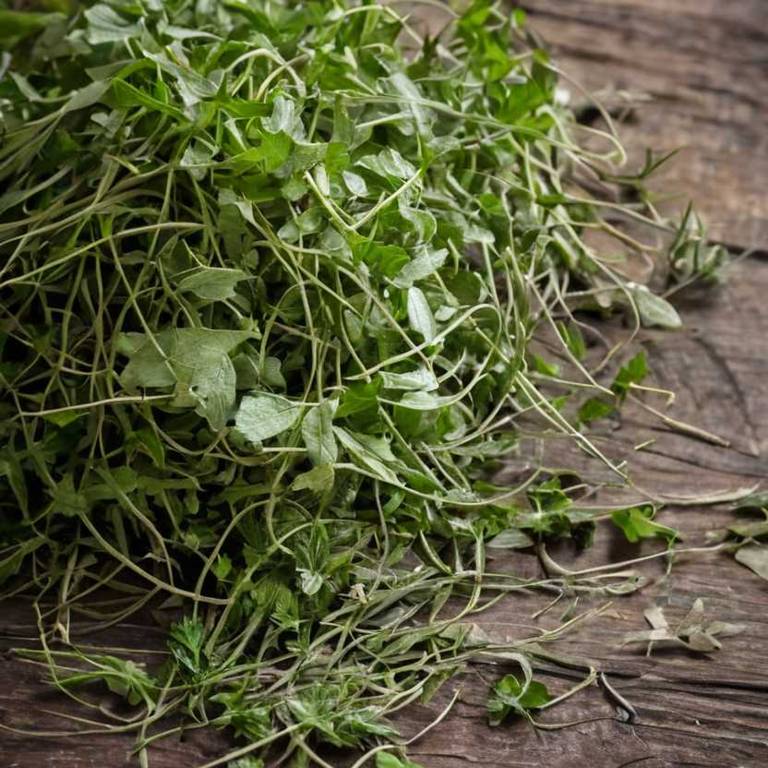Cow Knee (Achyranthes bidentata)
Cow Knee (Achyranthes bidentata) is a member of the Amaranthaceae family, native to China, Eastern Asia, and East China. Traditionally, its roots, stems, and leaves have been used for decoctions, powders, and poultices.
This herb is particularly valued for its diuretic, anti-inflammatory, and tonic actions, and has a long history of use in traditional chinese medicine, japanese kampo medicine, and korean traditional medicine.

Quick Facts / Key Information
| Common Name | Cow Knee |
|---|---|
| Scientific Name | Achyranthes bidentata |
| Plant Family | Amaranthaceae |
| Genus | Achyranthes |
| Species | bidentata |
| Native Range | China, Eastern Asia, East China |
| Plant Parts Used | Roots, Stems, Leaves |
| Primary Medicinal Actions | Diuretic, Anti-Inflammatory, Tonic |
| Primary Traditional Systems | Traditional Chinese Medicine, Japanese Kampo Medicine, Korean Traditional Medicine |
| Historical Preparation Methods | Decoction, Powder, Poultice |
Botanical Identity
- Scientific Name
- Achyranthes bidentata
- Common Name
- Cow Knee
- Synonyms / Alternative Names
- Chinese Knotweed, Achyranthes Bidentata, 牛膝
- Plant Family
- Amaranthaceae
- Genus
- Achyranthes
Botanical Description
- Growth Habit
- Perennial herbaceous plant.
- Height
- It typically reaches a height of 30 to 100 centimeters.
- Leaves
- Lanceolate leaves with upper surface dark green and lower surface pale green, bearing distinct stomatal bands along the midrib.
- Flowers
- Flowers are small, yellow, actinomorphic, with two lobes on the lower lip and three lobes on the upper lip, arranged in a raceme.
- Stems
- Stems are erect, branched, with opposite leaves and smooth surface.
Traditional Uses / Historical Use
Traditional Systems
- Traditional Chinese Medicine
- Japanese Kampo Medicine
- Korean Traditional Medicine
- Tibetan Medicine
Historical Preparation Methods
- Decoction
- Powder
- Poultice
- Infusion
Medicinal Actions
- Diuretic
- Commonly referenced as a mild diuretic, for elimination-focused applications.
- Anti-inflammatory
- In herbal texts, considered a cooling anti-inflammatory, for general calming applications.
- Tonic
- As described in traditional systems, a soothing tonic, in whole-system applications.
- Stimulant
- Traditionally described as a calming stimulant, in wakefulness-related contexts.
Active Compounds
- Flavonoid
- A group of naturally occurring compounds commonly present in many flowering plants.
- Glycoside
- Secondary metabolites formed through glycosylation processes in plants.
- Saponin
- Secondary plant compounds composed of sugar-linked aglycones.
- Tannin
- Plant-derived compounds known for their ability to bind proteins.
Modern Research Overview
Contemporary research on this plant includes areas such as chemical analysis, laboratory-based studies, and observational research. Detailed summaries of published findings are not included at this stage and will be added during future content updates.
Safety & Contraindications
- General Precautions
- The use of this herb may warrant general caution in certain situations.
- Contraindications
- Available information does not clearly establish contraindications for the use of this herb.
- Allergies
- Information regarding allergic responses to this herb is limited.
- Drug Interactions
- The potential for interactions with prescription medications has not been extensively studied.
- Toxicity
- There is insufficient evidence to determine the toxic potential of this herb.
- Pregnancy & Breastfeeding
- Safety during pregnancy and breastfeeding has not been well documented.
Preparation & Usage Methods
- Infusion
- A preparation method involving steeping plant material in heated water for a short period.
- Decoction
- Decoctions are made by heating plant material in water for an extended time.
- Poultice
- Fresh or dried plant material is applied externally to the skin.
- Powder
- Powdered preparations use finely milled plant parts.
- Tincture
- A preparation involving soaking plant parts in alcohol for extended extraction.
Growing, Harvesting & Storage
Growing / Cultivation
- Soil
- Prefers loamy soil with well-drained conditions. Typically grows best in organically rich soils.
- Sunlight
- Thrives in partial sun. Tolerates full sun to partial shade.
- Watering
- Prefers moist soils. Tolerates moderate moisture fluctuations.
Medical Disclaimer
The information provided on this page is for educational and informational purposes only. It is not intended to diagnose, treat, cure, or prevent any medical condition. Always consult a qualified healthcare professional before using any herb for medicinal purposes.